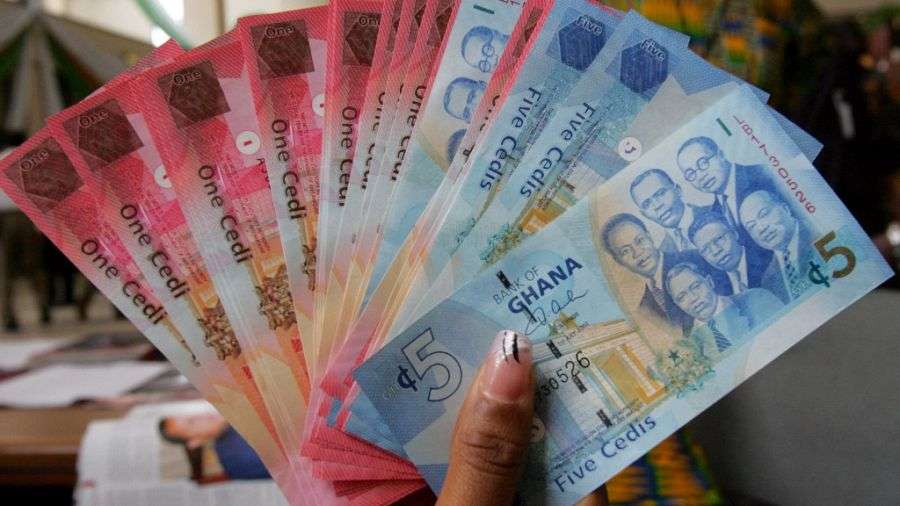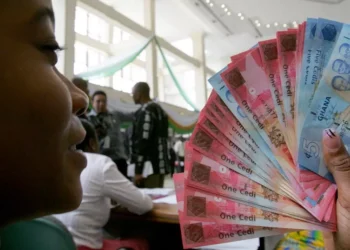The Ghanaian cedi has witnessed a significant boost in value against the US dollar, pound and euro this week, with the local currency trading at GH¢12.60 to one US dollar in the forex market. This marks a 3% increase in value compared to last week, when the cedi depreciated by about 1.98% against the greenback.
Despite this recent improvement, the year-to-date loss to the dollar still stands at around 18% as the cedi experienced a steep decline of almost 19% in January 2023 alone.
However, according to the Central Bank of Ghana, the cedi remained relatively stable throughout February.
Currency analysts – responsible for analyzing and forecasting the movements of international currencies have attributed the recent resurgence of the Ghanaian cedi to several factors: including an improvement in the dollar supply and the suspension of external debt service.
The suspension of the external debt, according to some currency analysts, helped ease the pressure on foreign exchange supply as the country is no longer servicing most of its external debt.
“This external debt service suspension is easing the pressure and making the FX available for other purposes although still on a knife’s edge supply.”
Currency Analysts
In addition to this, some currency analysts have disclosed that yields on Treasury bills remained elevated in recent months, hence, reducing investor appetite for the dollar.
Moreover, the ban on the sale of foreign exchange to importers of certain goods that the Ghanaian government has deemed as ‘non-essential items’ has contributed to the cedi’s improved performance.

BoG’s Intervention Saved The Cedi
According to these analysts, it is worth noting that the cedi’s recent surge in value comes after a period of sharp depreciation, which prompted the Bank of Ghana to intervene by selling dollars to help stabilize the currency.
The cedi’s recent stability, as indicated by some currency analysts, is a welcome development, particularly for importers and businesses that rely on foreign exchange to conduct their operations.
On the interbank market, the Bank of Ghana quoted one dollar to ¢11.01, which indicates that the cedi has gained some ground in the official forex market as well.
The recent improvement in the cedi’s performance is expected to boost investor confidence and attract foreign investment to the country, which could help to further strengthen the local currency.
“The recovery of the cedi against major foreign currencies is a positive development that bodes well for the country’s economy. With the external debt service suspension and elevated T-bill yields likely to continue in the near term, the cedi would continue to strengthen in value and provide some much-needed relief to importers and businesses in Ghana.”
Currency Analysts





















